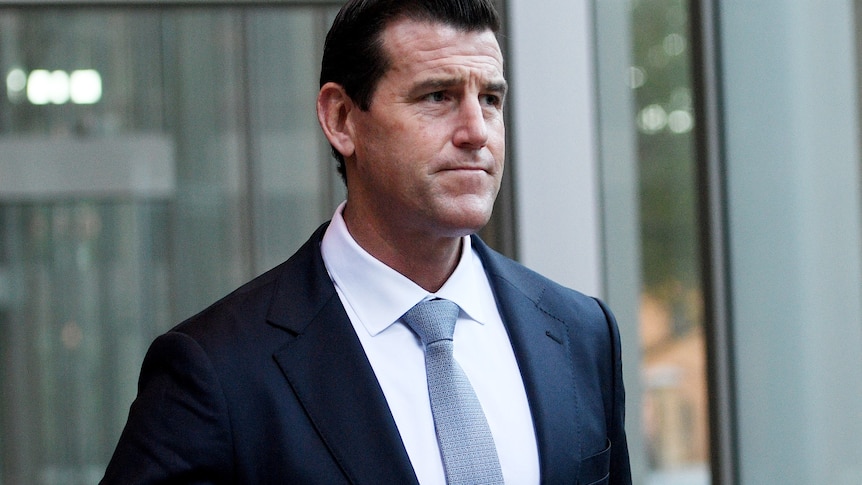A tribunal has heard that Ben Roberts-Smith has fought for access to private diary entries for five years because he thinks they may include information about meetings between journalist Chris Masters and the director of the Afghanistan inquiry.
As a protracted freedom of information (FOI) dispute neared a hearing at the Administrative Appeals Tribunal (AAT) in Sydney today, attorney Arthur Moses SC claimed that there was a public interest in the release of the information.
Mr. Roberts-Smith submitted his FOI request to the AAT in October 2017. The AAT undertakes independent reviews of decisions made under Commonwealth laws, including by ministers, departments, and agencies.
The investigative journalist’s book No Front Line, which describes the involvement of the Special Forces in Afghanistan, was published in the same month that a broader request for documents about interactions between high Defense officers and Masters was made.
According to Mr. Moses, Masters was given access to sensitive Defense information to aid in the book’s writing and, in exchange, swore not to divulge sensitive information.
Ben Roberts-Smith’s protracted defamation trial comes to an end after his attorney told a Sydney court that he was the victim of a “war of words” by resentful, jealous former coworkers who fed misinformation to journalists.
Major General Paul Brereton, who was in charge of the long-running Afghan probe for the Inspector-General of the Australian Defense Force (IGADF), issued a directive under IGADF rule declaring that the records were excluded from the FOI Act one week after the FOI request.
The timing was deemed “curious” by Mr. Moses.
There is no explanation, that we are aware of, as to why [Major General Brereton] waited until after the request was filed to issue such a directive to shield his diary notes from disclosure.
It is reasonable to assume that this direction was given in response to [Mr Roberts-Smith’s] FOI request in the absence of contrary evidence.
In the words of US baseball catcher Yogi Berra, “It’s too much of a coincidence to be a coincidence.”
The diary entries for two encounters, held in early March 2017 and late July 2017, were presented to the tribunal.
Despite internal examinations conducted by the ADF and the Office of the Information Commissioner, which supported prior judgments, access was denied.
The IGADF Office initially claimed there were two documents pertinent to the veteran’s request, but access was restricted.
It stated that publication could harm an investigation and expose potential research avenues or the existence or absence of confidential information sources.
Mr. Moses testified at the court that his case theory was that Masters was present at the meetings, which took place at the beginning of the Afghanistan inquiry.
Since the conversations, he claimed, the journalist has written extensively about the inquiry, including exclusives in which the journalist claimed to be familiar with its findings.
In November 2020, the Brereton investigation released a public version of its report.
According to Mr. Moses, “potential embarrassment” did not lessen the urgency of learning whether there was a meeting between “the head of what was supposed to be a secret inquiry” and a journalist.
There is no evidence, according to attorney Christine Ernst representing the IGADF, that the direction was given in response to the FOI request.
She stated that certain provisions of the IGADF legislation would be rendered ineffective if participants’ identities were made public through FOI requests.
Mr. Roberts-Smith’s separate Federal Court defamation case against The Sydney Morning Herald, The Age, The Canberra Times, and three journalists, including Masters, has not yet been resolved.
The combat veteran filed a lawsuit over various media articles from 2018 because, according to him, they included false claims of war atrocities, bullying, and domestic violence.
The AAT postponed making a decision.





